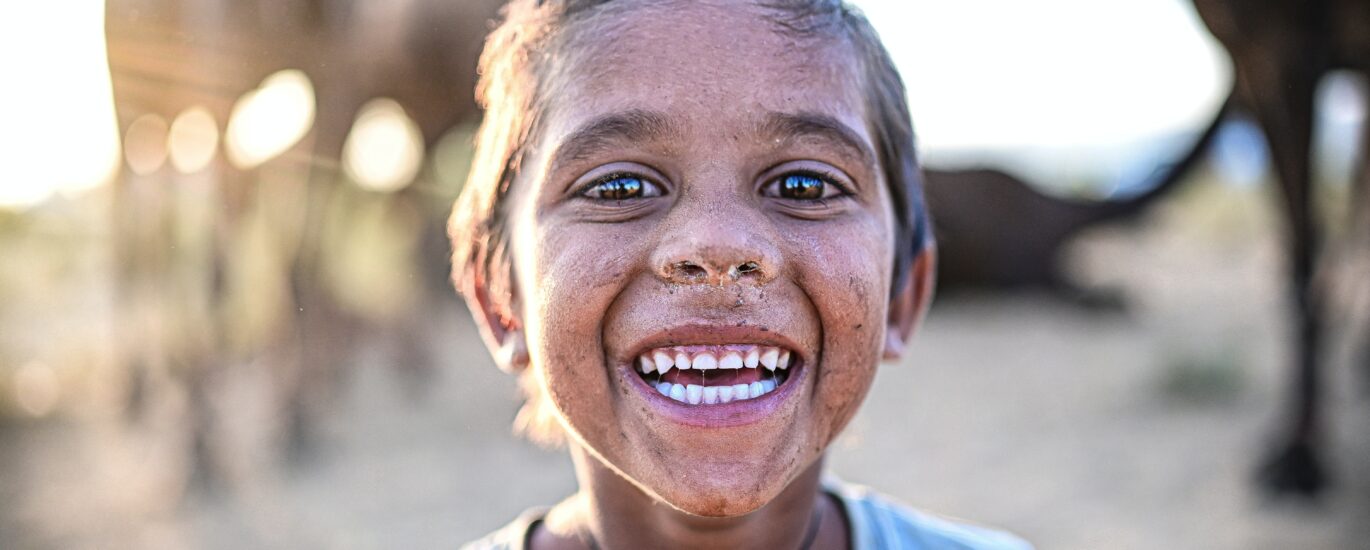Mental health is an often-overlooked aspect of overall health, and it is especially important for underprivileged communities. Individuals in these communities may face challenges such as poverty, violence, and limited access to healthcare, which can all contribute to poor mental health. It is crucial that we recognize the impact of mental health on these communities and take action to help those in need.
According to the World Health Organization, mental health disorders affect approximately 450 million people worldwide. In low-income countries, up to 85% of people with mental health disorders do not receive treatment. This disparity is even more pronounced in underprivileged communities, where resources and access to healthcare are often limited.
The effects of poor mental health can be devastating, affecting individuals’ ability to work, study, and maintain relationships. Mental health challenges can lead to increased rates of substance abuse, violence, and suicide. In addition, mental health issues can be intergenerational, leading to a cycle of poverty and poor health outcomes.
There are several ways we can help address mental health challenges in underprivileged communities:
- Education and awareness: Education is a critical component in breaking the stigma surrounding mental health. We need to promote awareness of mental health issues, reduce stereotypes, and provide information about available resources.
- Increased access to mental health care: Many individuals in underprivileged communities do not have access to affordable mental health care. By increasing access to resources such as counseling services and support groups, we can help ensure that individuals receive the care they need.
- Support for community organizations: Community organizations play a vital role in promoting mental health in underprivileged communities. We need to support these organizations and help them expand their reach and impact.
- Advocacy for policy change: Policy change is essential for improving mental health outcomes in underprivileged communities. We need to advocate for policy changes that prioritize mental health, such as increased funding for mental health programs and support for mental health research.
- Volunteer and donate: Volunteering time and resources to mental health organizations can make a significant difference in underprivileged communities. We can support organizations that provide counseling services, support groups, and other resources to those in need.
In conclusion, poor mental health can have a significant impact on underprivileged communities. By raising awareness, promoting education, and increasing access to mental health resources, we can help break the cycle of poor health outcomes and poverty. It is essential that we continue to work towards a future where mental health care is accessible to all, regardless of their socioeconomic status.







Today, I went to the beach with my kids. I found a sea
shell and gave it to my 4 year old daughter and said “You can hear the ocean if you put this to your ear.” She placed the
shell to her ear and screamed. There was a hermit crab inside and
it pinched her ear. She never wants to go back! LoL I know this is totally off topic but I had to tell
someone!